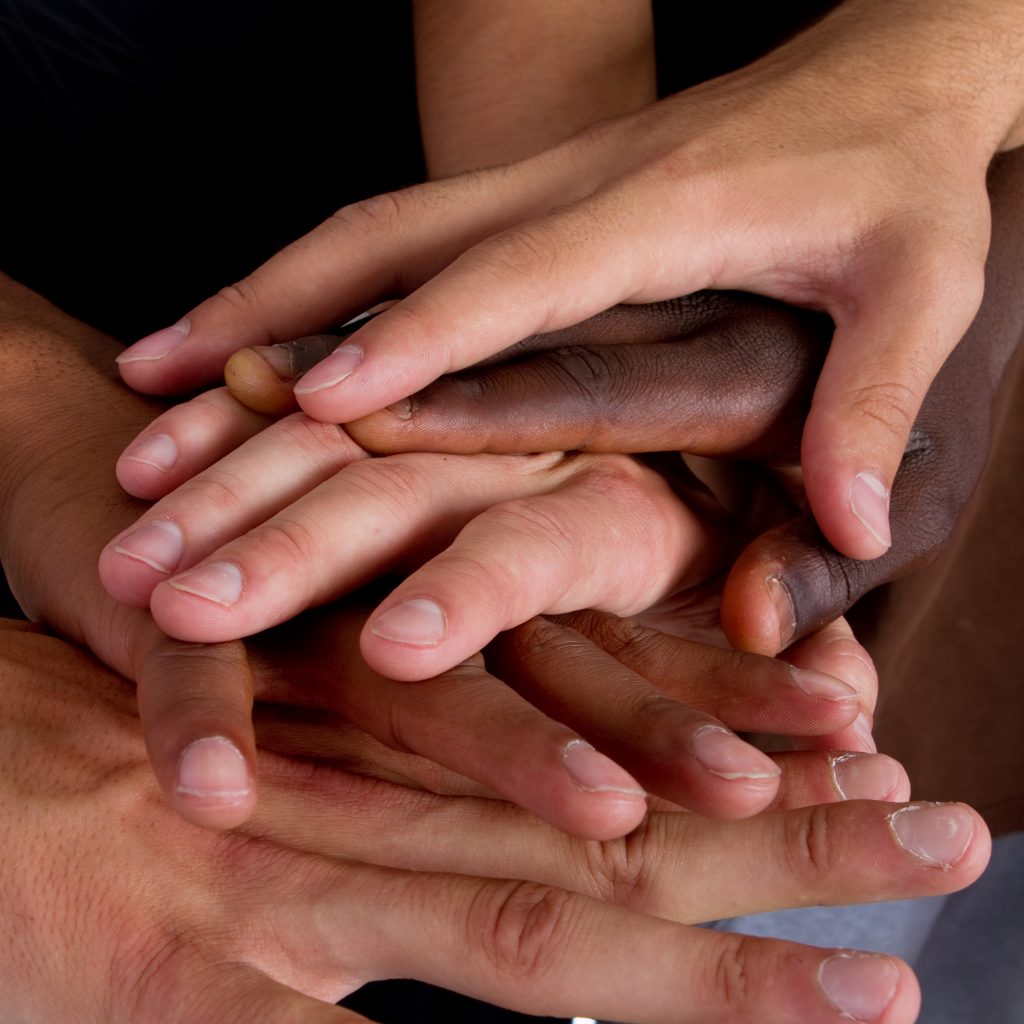The death of George Floyd has sparked civil rights protests around the world and obliged people to consider questions of racism in their respective societies. Here, Joy-Tendai Kangere and Niamh O’Reilly of Ireland’s national adult learning organization, AONTAS, reflect on the role of adult education as a process for anti-racism

Adult, and particularly community, education is intrinsically linked to social justice movements. As we consider the potential of education as a practice of freedom that strives for social change and a more equal society, what is our role in civil society and the adult learning community at this time? When racial injustices damage the social contract, sparking mass protests, how can we contribute to anti-racism? We have a role to play, and as bell hooks, the influential educationalist and feminist activist states in her 1996 book Killing Rage: Ending Racism, ‘All our silences in the face of racist assault are acts of complicity’.
How do we create a society in which we question dominant racist views, as well as sexist, homophobic and all ‘Othering’ discourses that serve only to dehumanize, a society where everyone listens and seeks to understand each other, where we strive for solidarity and social justice? Adult education grapples with these questions and seeks to create dialogical learning experiences, questioning inequalities, building capacity to critically think, question, understand, reflect and act. We in adult education are acutely aware of the power dynamics in the education process between tutor and learner, and the flattening of such in a community education context, whereby the lived experience of the learner contributes to the learning process. As more eloquently described by one learner as ‘bringing us to the course’, it is more than an acknowledgement of the lived experience; it questions what knowledge is valued.
This epistemological question is at the heart of adult and community education, asking ‘Whose truth?’ and ‘What is defined as valued knowledge?’; does it perpetuate only one world view, that of a White, middle-class, male, heteronormative perspective? Or does it reflect the diversity of all of society? In AONTAS we strive to hear authentically and learn from learners’ experiences. At our last Adult Learners’ Festival closing event, Rosemary Angel Kunene described her experience of community education as an asylum seeker, noting how the inclusive sense of belonging and support in community education facilitated deep personal growth. The same event also highlighted the role of community education in addressing the educational inequalities faced by the Irish Traveller community, a distinct minority group. A uniting theme across these experiences was the role of learning experiences that harness and value diversity, rather than seeking to impose hegemonic viewpoints. Learners frequently describe the impact of a learning process that values the reality of their lives, as an enabler of self-confidence, self-actualization and self-empowerment.
But, of course, education and adult education are not immune to institutionalized racism. This can take the form of curricula being insufficiently inclusive of learners’ cultural, social, and historical backgrounds, and be compounded by conscious and unconscious racial bias from academic staff and fellow students. Modules are often taught from a Eurocentric perspective, and the knowledge and experiences of black students in class or black people within the community is frequently not utilized. One of the major barriers to equality of opportunity in adult education for black students is the pervasive nature of institutional racism. While most institutions have equal opportunities policies, the experiences of black students show that racism exists in often very subtle forms. Sometimes the language of an institution’s mission statement gives the impression that there is no problem of racism, and therefore it is not a serious topic of debate. After all, how can liberal institutions discriminate when liberals do not, by self-definition, discriminate? The reality, however, for black students is that covert racism is a common feature of their lives, and that not only makes equal-opportunity learning difficult but also makes it hard for staff and students to raise issues of unequal treatment.
Students from migrant backgrounds, especially black students, often report that their institutions are failing to find effective ways of addressing issues of racism and white privilege. Black students need to feel that their presence is acknowledged and that they receive adequate support once they are there and have been admitted into these institutions. This applies to all people of colour. There should also be a radical re-examination of the curriculum and course content of all courses with expansion of the curriculum to include more coverage of black issues in specific areas. Education providers should look at their employment practices and ensure diversity among staff members, thus providing positive role models and mentors and culturally relevant support to all students.
These are issues of acute concern for AONTAS. We will be engaging with organizations representing black and ethnic minority learners with the aim of increasing current and future collaboration around the overlapping areas of racial equality and educational equality. We will also advocate for more inclusive curricula and pedagogy, and support in every way possible civil society’s work based on the principle that Ireland’s social and cultural diversity is not only enriching but also represents perhaps our greatest strength and hope for an equal future for all. Listening to and reflecting on the lived experiences and cultures of learners from migrant backgrounds is vital, as is a willingness to understand different cultures and consider how there are represented in curricula.
Joy-Tendai Kangere is an Adult Learner Representative on the Board of AONTAS, Ireland’s national adult learning organization. An advocate for adult learners, equality for women, girls and minority communities, she has just co-launched Rooted in Africa and Ireland (RIAI), an anti-racism network that aims to build understanding of African culture and heritage especially for young African-Irish people. Niamh O’Reilly is CEO of AONTAS.
Ms Kangere will take part in an AONTAS webinar on the role of adult education in promoting anti-racism on 10 June: https://www.aontas.com/events/aontas-membership-update-and-engagement-webinar-10th-june
